What is hydrocortisone cream used for?


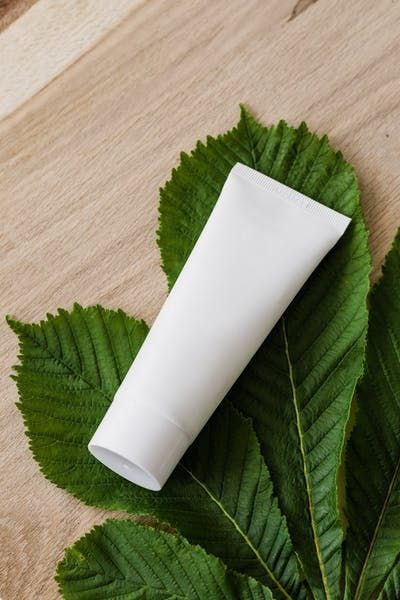
Hydrocortisone topical cream is a medication that is used to treat a variety of skin conditions. It is a potent steroid that can reduce inflammation, itching, and swelling associated with various skin conditions. It comes in a variety of formulations and strengths.
This article will discuss what hydrocortisone cream is used for, how to use it safely, and potential side effects to watch out for.
Hydrocortisone is a corticosteroid (a type of steroid) used to alleviate the signs and symptoms of allergies and skin irritation. Its maximum permitted strength for over-the-counter sales is 1%. It can be purchased in several topical formats, including cream, ointment, lotion, and solution.
Hydrocortisone is a prescription medication used to treat mild skin irritation and unusual or allergic reaction associated with swelling, redness, skin rash, and itching.
Eczema, psoriasis, contact dermatitis, insect bite and stings, and nappy rash are among the skin problems that can be treated with topical hydrocortisone. Hydrocortisone cream calms our body's immune response, reducing pain, itching, and swelling.
Hydrocortisone butyrate is a more potent hydrocortisone cream that is only available with a doctor's prescription. In some cases, antibiotics and hydrocortisone creams are used together to treat bacterial and fungal infections.
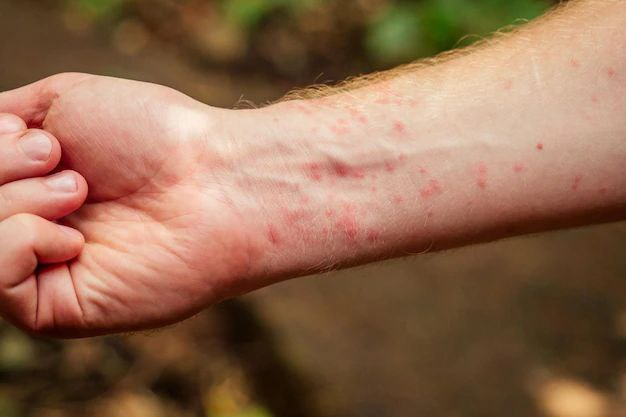
Hydrocortisone is an anti-inflammatory steroid that can be applied topically and helps reduce swelling or inflammation in the skin and other body parts. The immune system in the skin releases chemicals, leading to inflammation due to an allergic reaction or irritation. These enlarged blood vessels cause red, puffy, itchy, and often painful skin in response to irritation.
Hydrocortisone creams target the cells in the skin and stop the release of these chemicals, thus reducing the symptoms of inflammation, such as swelling, itching, and redness.
Hydrocortisone cream is available under many different brand names and in various forms. Not all forms of the cream may be available, and not all brands may be authorized to treat all conditions. It is crucial to speak with a healthcare professional to determine the best form and brand of hydrocortisone cream to use for a particular situation.

Hydrocortisone cream is generally considered safe for adults and children over ten. However, unless directed otherwise by a medical professional, it should not be administered to children younger than ten. It is crucial to note that individuals who know they are allergic to hydrocortisone should not use it.
Additionally, before taking the drug, it is vital to carefully check the list of components to confirm that there are no known allergies.
It is available in cream and ointment forms; the main difference is the texture. Creams are typically more moisturizing and less greasy than ointments, making them more suitable for dry, sensitive skin.
Hydrocortisone cream Cream Dosage
The recommended dosage for hydrocortisone cream is once or twice a day, with an 8-12 hour gap between applications.
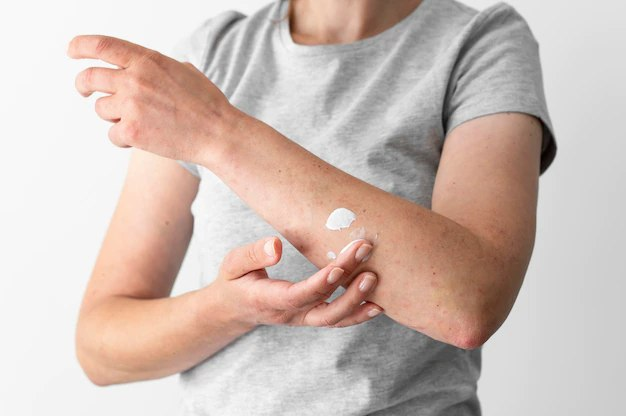
It is important to wash and dry your hands before applying cream or ointment to the affected area. After taking the cap off, make sure the seal is not broken before using the product for the first time. Apply a thin layer of cream or ointment to the affected area and massage it gently until it is completely absorbed. Make sure to cover all the irritated skin areas and be careful not to put it on broken or infected skin. Once you have finished applying the cream or ointment, wash your hands again. Do not cover the area with a bandage or dressing unless your doctor has instructed you to do so.
You will need to use hydrocortisone creams in most situations until you feel better, which may be within a few days.
Hydrocortisone cream is typically used to treat contact dermatitis, insect bites, and stings for one week. However, the duration of use may be longer for more chronic conditions such as eczema and psoriasis.
If you forget to use the cream or ointment, it is not necessary to worry; apply the missed dose as soon as you remember, and if you are close to taking the next dose, you can skip the forgotten one and continue with your routine use. In some cases, you may be better after just a few days of using the cream.
It is unlikely that applying too much lotion or ointment on your skin or getting it in your mouth would do any harm. However, if you are worried about it or your child has taken a large amount of medication, it is best to consult your doctor immediately for further advice.
All medications can have side effects, which are unwanted consequences of using the medicine regularly. These side effects can range from mild to severe and can be either temporary or permanent. Not everyone will experience these side effects when using the medication. However, you must inform your doctor of any adverse effects or concerns.
It is important to note that hydrocortisone cream should only be used as directed by a healthcare professional. It should be used sparingly and not applied to broken, damaged, or infected skin. People should stop using the medication and contact their doctor or pharmacist if any side effects occur. Furthermore, hydrocortisone cream should not be used on the face, as this may lead to skin thinning and changes in facial skin colour. Therefore, it is essential to follow the instructions of a healthcare professional when using hydrocortisone cream.
Hydrocortisone cream usually doesn't have serious side effects if used for less than four weeks. However, it can have some side effects, such as a burning or stinging feeling. If used for more extended periods or in large amounts, side effects such as thinning of the skin and the development of stretch marks occur. It is important to note that just because a side effect is mentioned does not mean everyone who uses hydrocortisone cream or ointment will experience it. Different people can have different reactions to medicines.
When your skin becomes redder or swollen, or you have broken skin, and you notice a pus discharge, these could be signs of a skin infection. In rare cases, a severe allergic reaction, known as anaphylaxis, could also occur as a side effect of using hydrocortisone cream. If you experience any of these symptoms, it is vital to seek medical attention immediately.
If you want to learn more about the potential adverse effects of hydrocortisone cream and ointment, read the medication leaflet or speak with your pharmacist, nurse, or doctor.
Hydrocortisone creams available over the counter can be used while pregnant and breastfeeding, but it is essential to take precautions. Before breastfeeding your child, it is important to wash off the cream. The more potent hydrocortisone, hydrocortisone butyrate, is not recommended in pregnancy and breastfeeding.
In addition to being used on its own, hydrocortisone cream can also be used in combination with other topical medications to treat skin infections. This combination of medications can help reduce the infection's severity and provide relief from the symptoms.
Hydrocortisone is unlikely to interact with any other medications, but it is crucial to inform your doctor about any prescription, non-prescription, and herbal medications you are taking. Additionally, you should let your doctor know if you use any supplements. Be sure to discuss with your doctor how medication interactions should be treated.
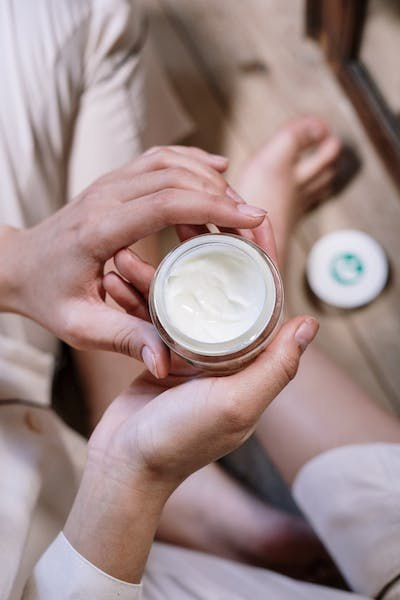
Hydrocortisone is a topical corticosteroid medication used to treat various skin conditions, such as itching, redness, swelling, and irritation. It works by reducing inflammation and other allergic reactions. However, hydrocortisone cream should not be used on broken skin or around the eyes, nose, or mouth.
It is important to note that hydrocortisone cream can interact with certain medications, such as antibiotics, antifungal medications, and anti-inflammatory medications. It is essential to consult a doctor before using it in conjunction with any other medicine. This is especially important because overuse of the cream can lead to side effects. Therefore, it is always essential to consult a doctor or pharmacist before taking any medication, including hydrocortisone cream.
It is available here at our online pharmacy if you want to purchase hydrocortisone cream.
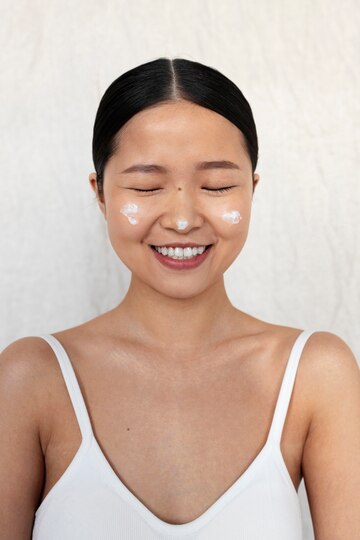







Plus get the inside scoop on our latest content and updates in our monthly newsletter.